Poker is a game conducted at a table with a deck of cards. Chips are bought and used for betting. A player bets on the cards he holds, and all the bets each deal are collected in the center of the table. There is a betting round after the players receive their starting cards and a betting round after each round of new cards. The pot is won either by a player who makes a bet nobody is willing to match, or by the player who has the hand of greatest value after all the betting is over.
A licensed charitable organization may conduct poker on two occasions per year. Poker activity must be conducted at an authorized site of the licensed organization. An organization may supply the dealer.
- The maximum single bet is $1. No more than three raises, of a maximum of $1 each, may be made by all the players in each round of bets.
- An individual must be at least age 21 to play poker.
For nontournament activity, an organization shall charge each player a fee not to exceed two dollars per one-half hour of playing time, collected in advance. For a tournament, an organization shall charge each player an entry fee and the amount of prizes may not exceed ninety percent of the gross proceeds.
This office’s standard recordkeeping forms are not required for poker. If an organization designs its own forms, refer to the poker chapter in the administrative rules and the forms below for guidance.
- Poker Cashier Report – Daily Income and Deposit Summary (SFN 17326)
- Account for each poker occasion.
- Poker Daily Summary Control Sheet (SFN 17337)
- Used by the cashier to record poker fee collection by the half-hour for nontournament play or side games conducted.
- Poker Tournament – Player Registration (SFN 18866)
- Used by the organization to record the names of the players in the tournament and all of the buy-ins/fees, re-buys, and add-ons paid by each player.
Other general forms for the conduct of poker are: Record of Win, Ideal Cash Bank Master Record, Reconciliation of Ideal Cash Banks, and Prize Register. These additional forms can be found under General Forms.



